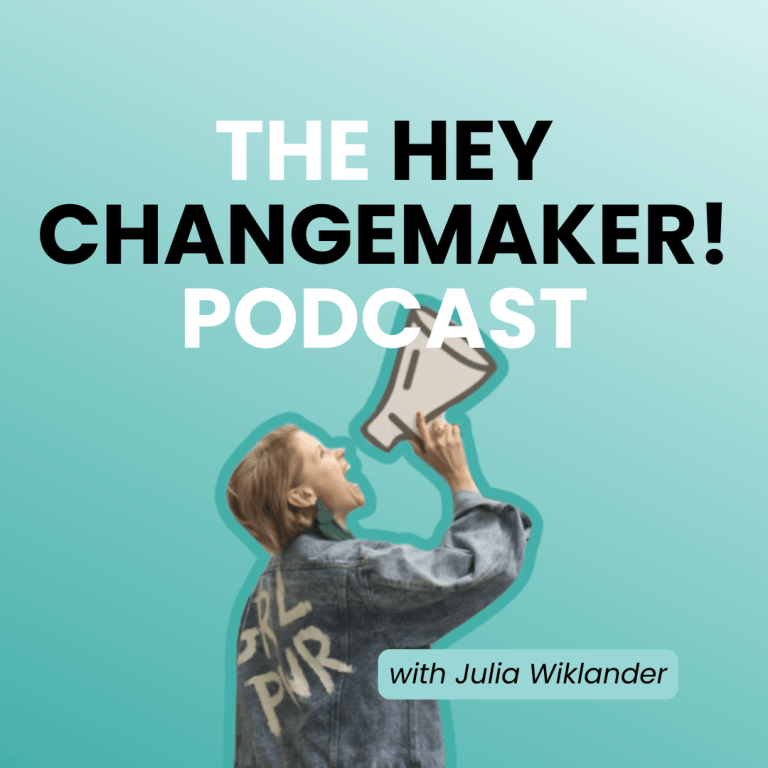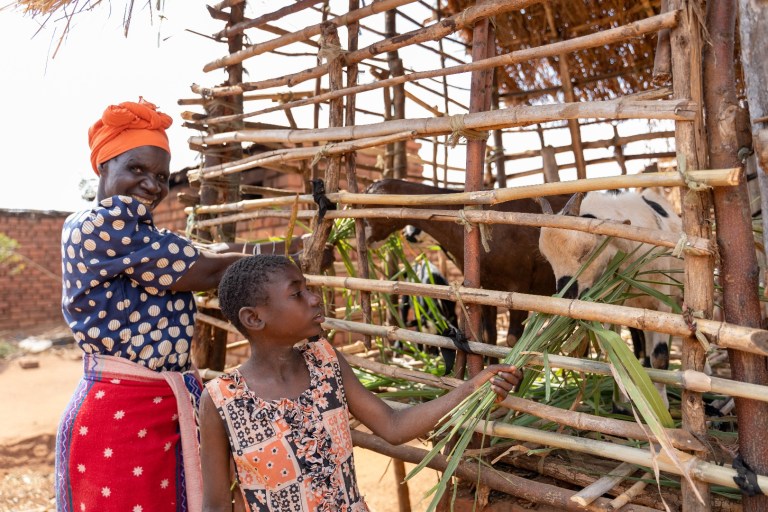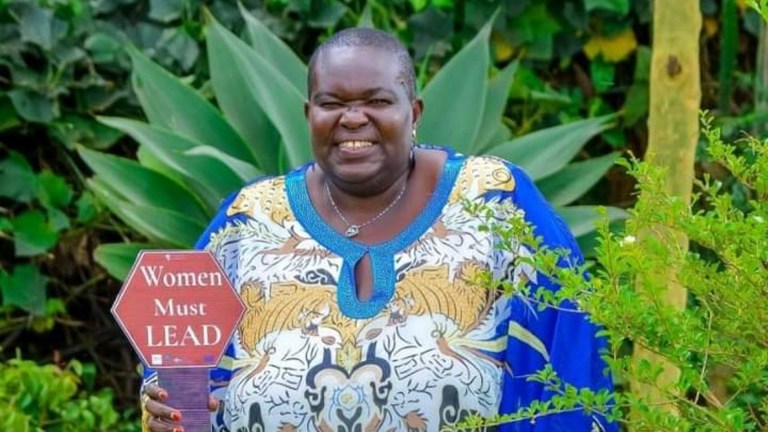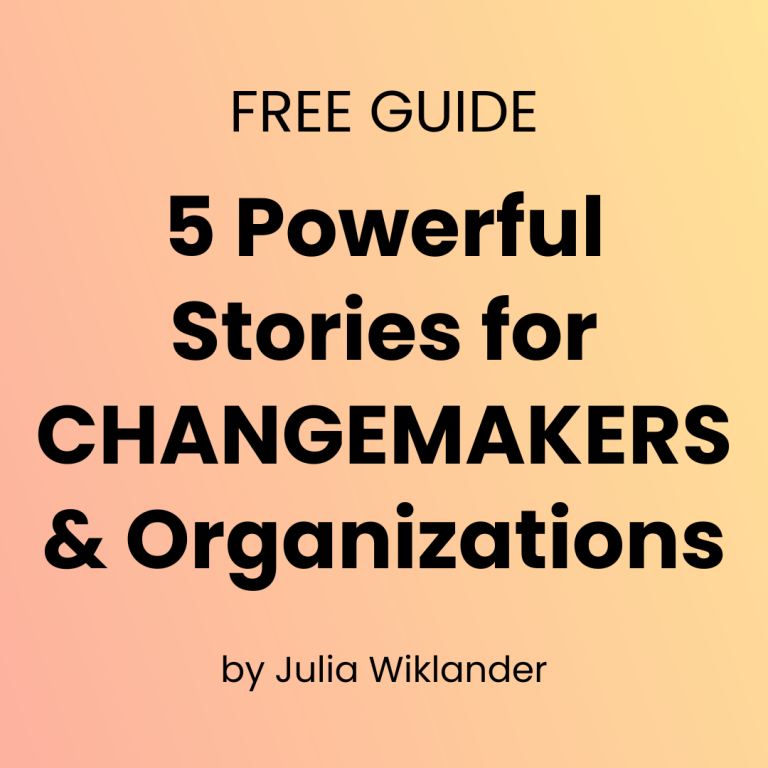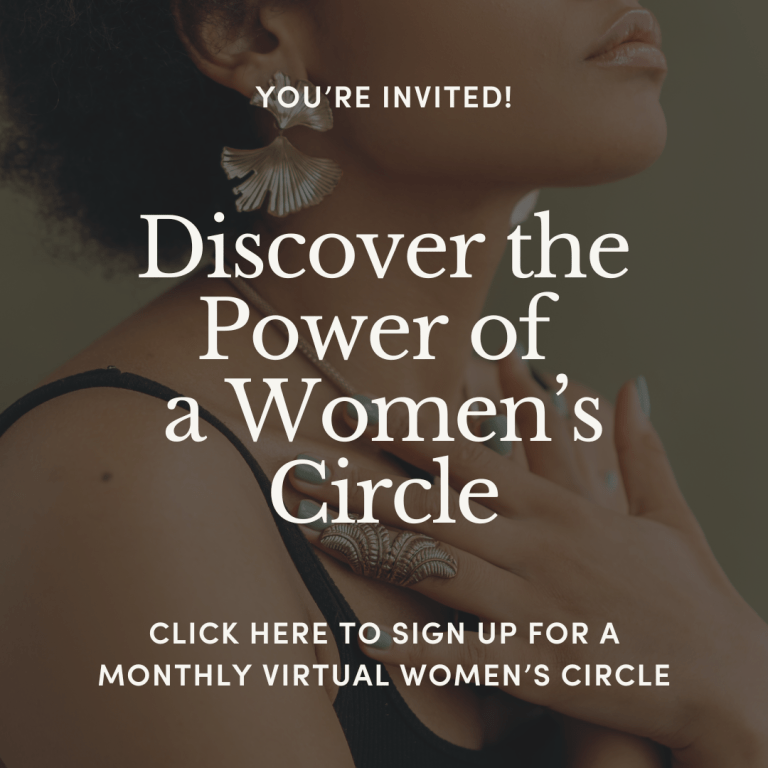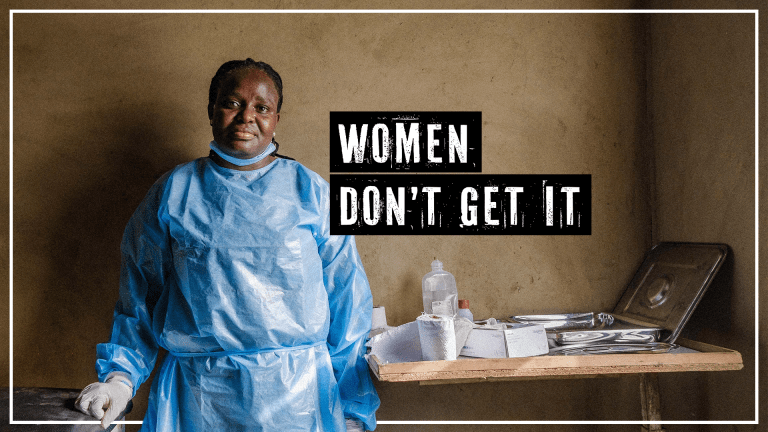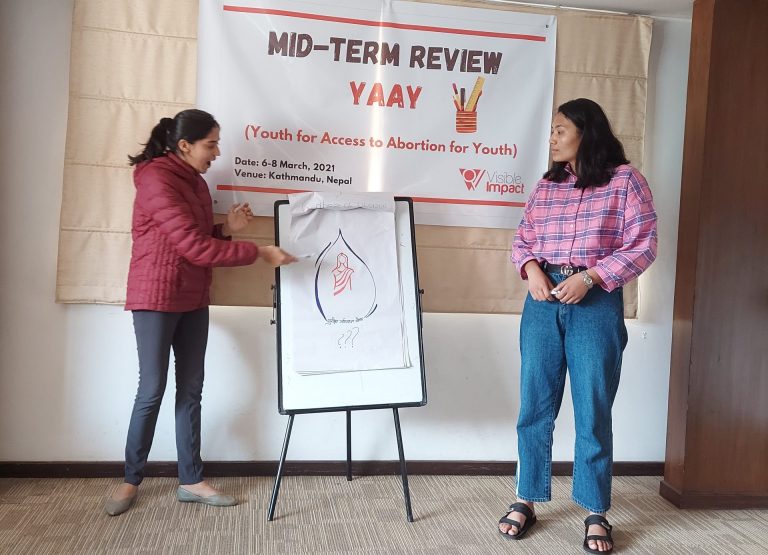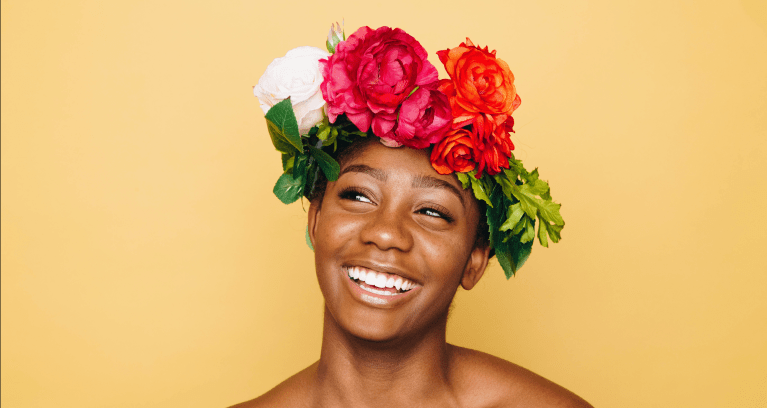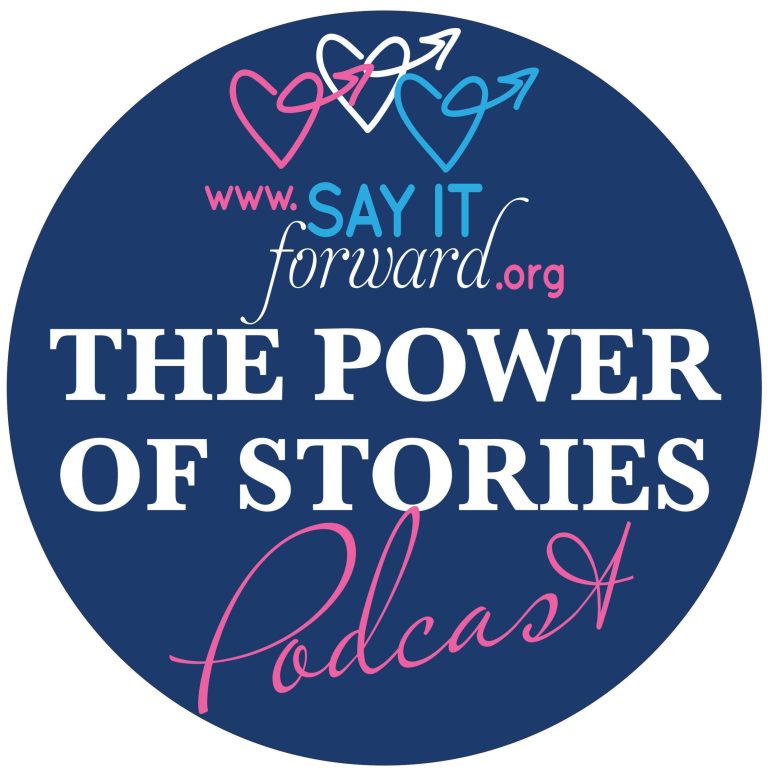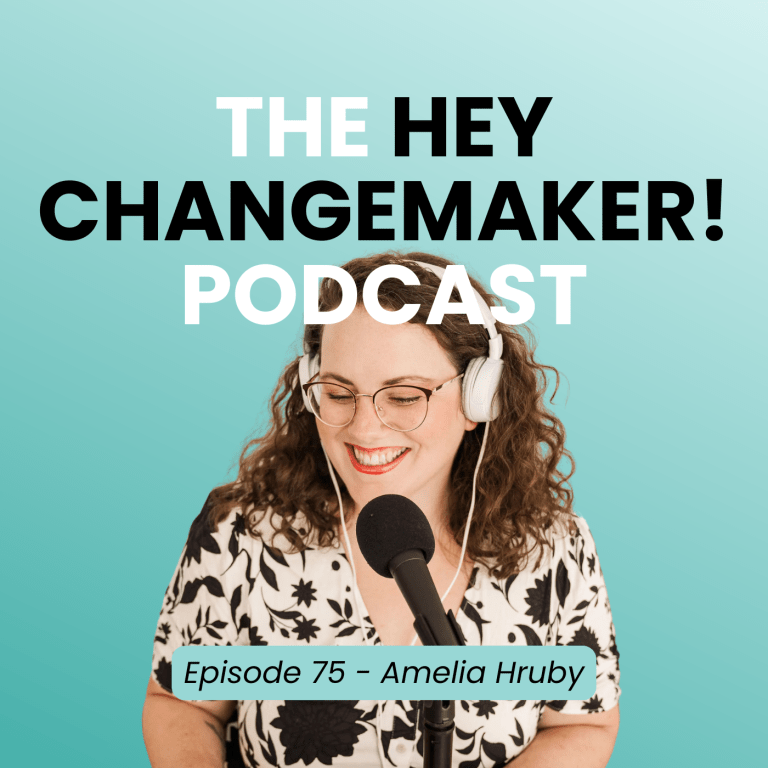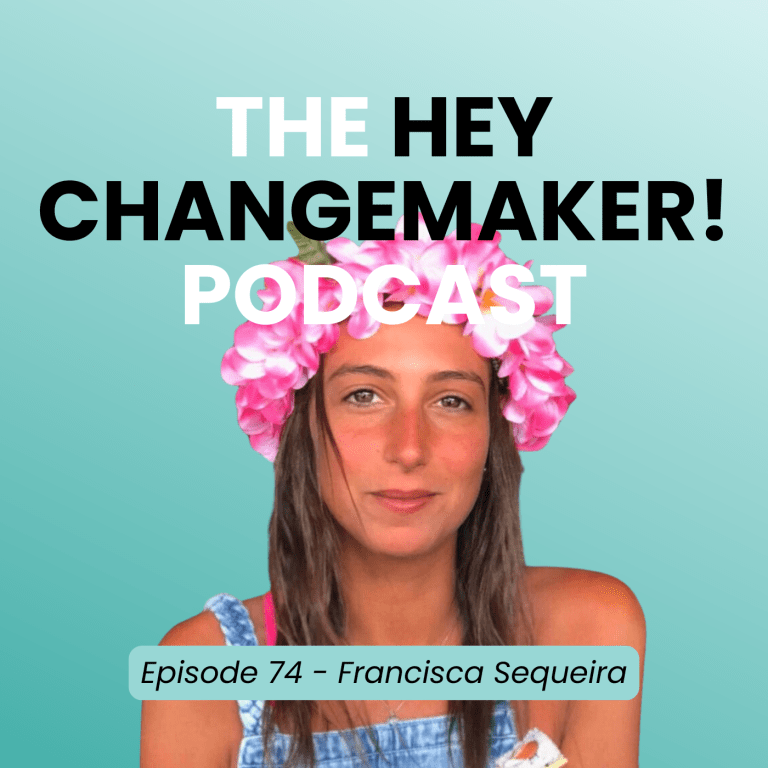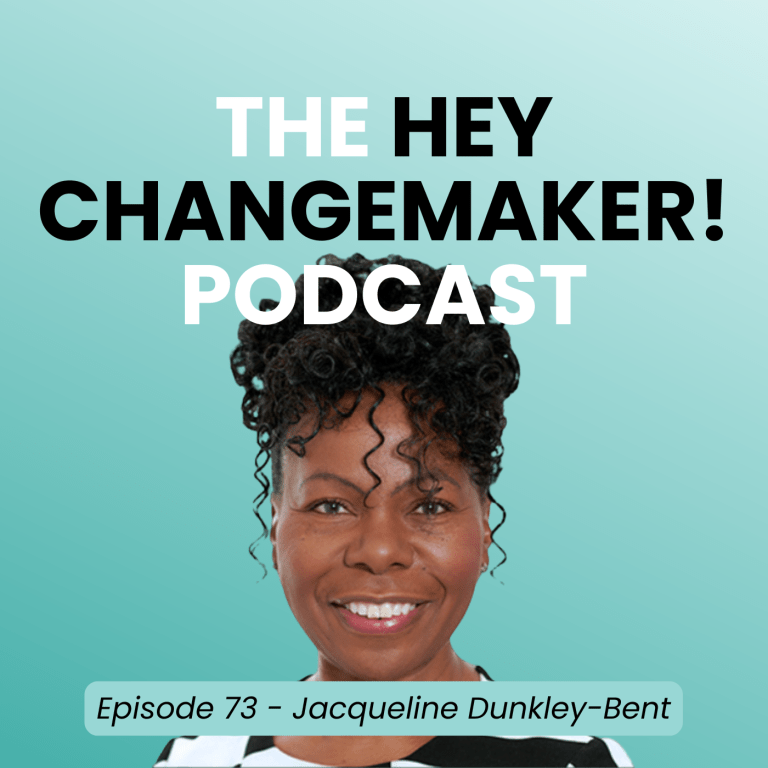Worldwide, women don’t get the healthcare they need. This inequality increases their risk of disease, disability, gender-based violence and death. This is especially true for women and girls with disabilities.
Sightsavers fights for women’s rights by working with partners across Africa and Asia to dismantle the barriers that prevent women and girls from accessing health care. We also challenge negative stereotypes around disability, and campaign so women and girls can exercise their right to get an education, go to work and vote.
This International Women’s Day Sightsavers is highlighting the barriers women face in accessing healthcare by sharing the stories of four women fighting to tackle them.
Women don’t get sight-saving surgery.
Women are more likely than men to be blind or have a visual impairment.
Dr Moira Chinthambi, is the only female ophthalmologist working at a hospital in Malawi. Among other things Dr Chinthambi carries out sight-restoring cataract operations via a Sightsavers-led project which focuses on reaching people with disabilities, communities in hard-to-reach areas, and women and girls. Dr Chinthambi is working with communities and village leaders to remove cultural, economical, and geographical barriers to accessing health services, and increasing awareness of eye health.
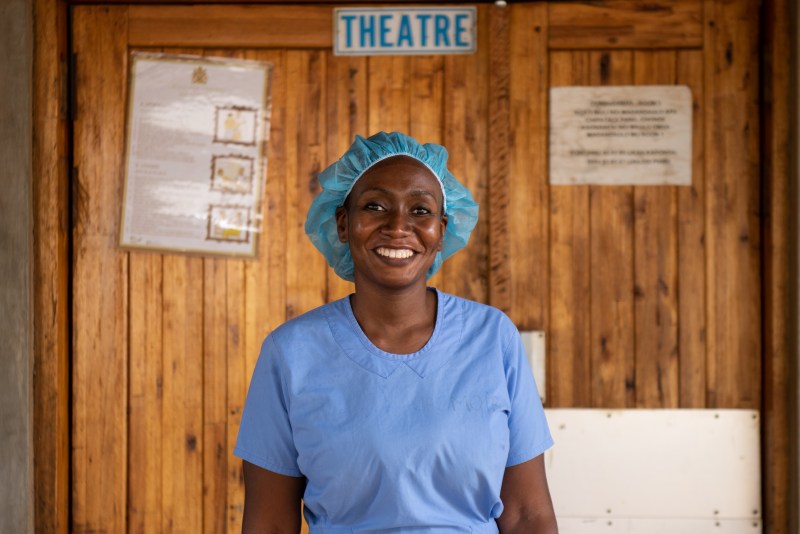
“Women not accessing eye surgery has got a huge socioeconomic impact. When women don’t come to the hospital, especially for eye conditions, it impacts their families and their marriages. They’ll fail to take care of their kids because they can’t see. They’re not independent enough to look after their kids, and do other things. They can’t farm the land and so they become poorer and poorer and more dependent.”
-Dr Moira Chinthambi
Women don’t get health equity.
Women with disabilities are three times less likely than men to get the healthcare they need.
While women in Pakistan may have access to eye screenings, a male family member will make the decision whether or not to pay for treatment. Sightsavers works with a team of 120,000 lady health workers in Pakistan, who work in the communities, to address this. If basic eye care can be given at the doorstep, a high level of visual impairment can be avoided.
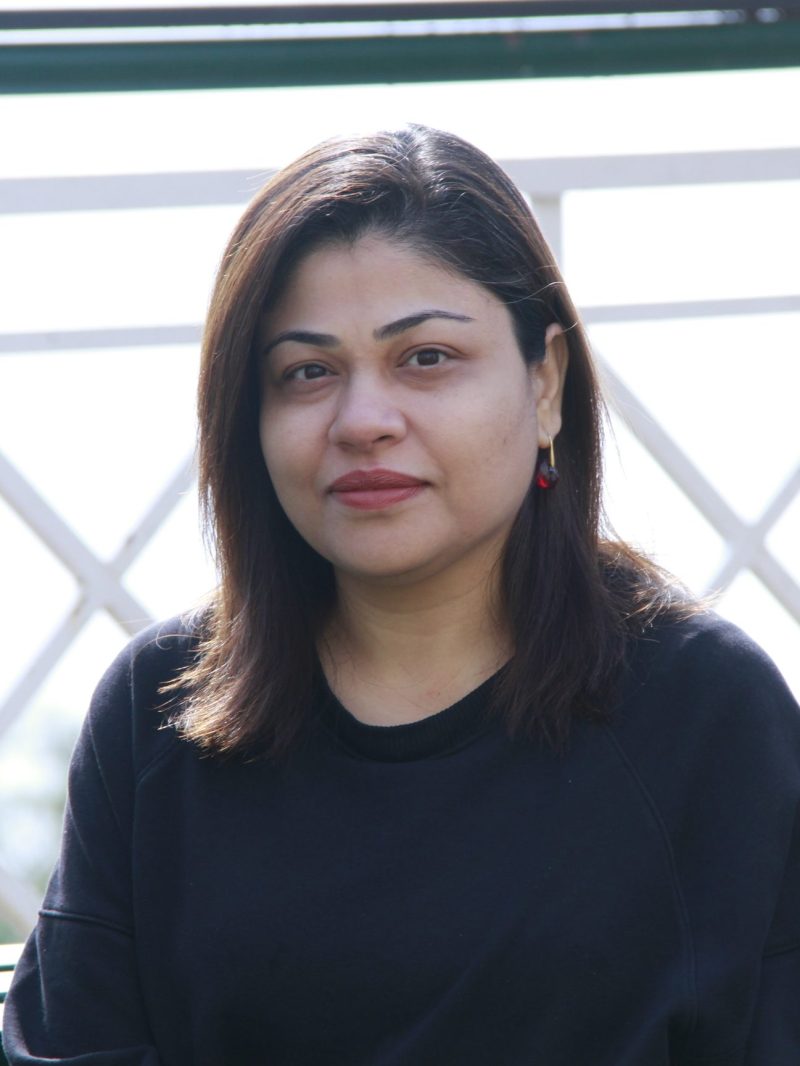
Leena Ahmed works for Sightsavers in Pakistan, making sure eye health services are accessible for women with disabilities.
Leena says: “There is a stigma attached to disability. In Pakistan women with disabilities are not even acknowledged, they have no voice. So, it’s very important they know that they have rights, and services are available for them. We have to make the services accessible for them.”
“The data that we are getting from our projects is that our [eye health] services are accessible for women, they are more than 60% of our beneficiaries. So this is something very encouraging, especially in our society. We are not just working on the supply side; we are also generating demand. We are making them aware of their rights and the services available for them. And our data and our numbers show this.”
Women don’t get reproductive care.
257 million women and girls around the world don’t have access to contraception.
Women and adolescent girls with disabilities, face insurmountable barriers when it comes to accessing sexual reproductive health services.
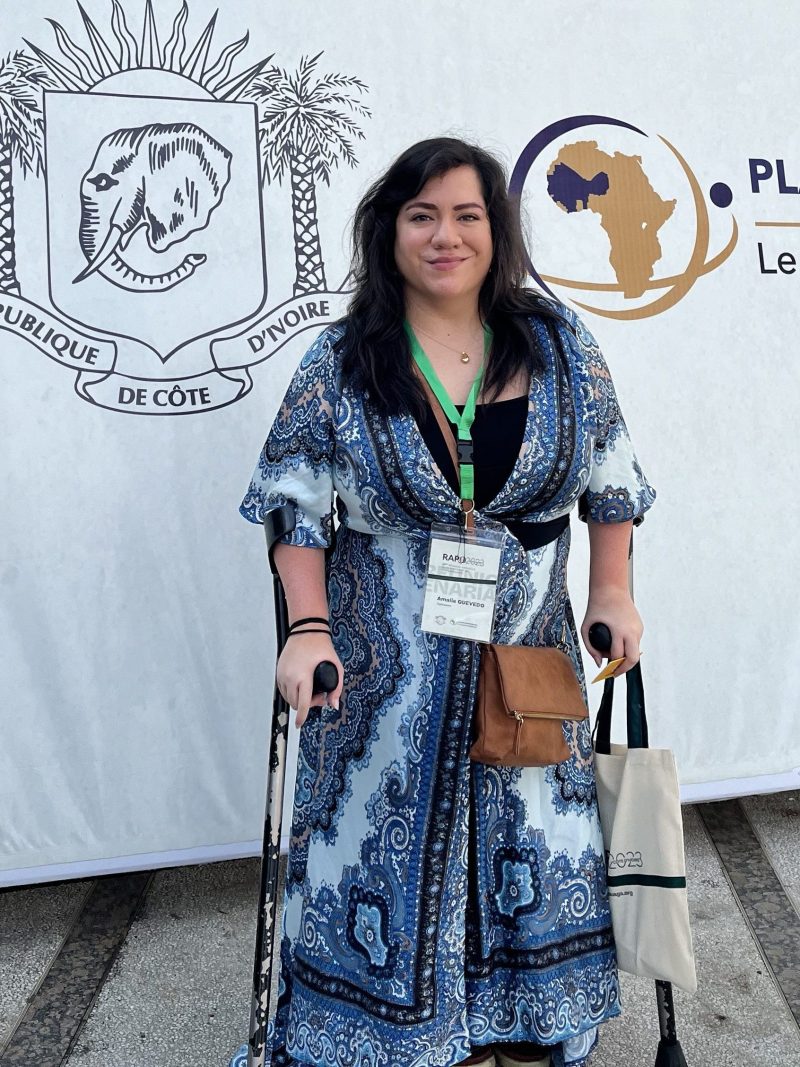
Amalie Quevedo, Sightsavers’ expert on sexual and reproductive health rights, is working to ensure that women and girls, including those with disabilities, are able to access sexual health services.
Amalie says: “We know that women and girls with disabilities are at higher risk of being sterilised by force or put on a contraceptive method even though they don’t want to be.”
“A lot of times women and girls with disabilities are sent away by health care providers simply because of their disability…people assume that they don’t have the legal capacity to make these kinds of decisions”.
Women don’t get essential treatment.
In Africa, 56 million women suffer from female genital schistosomiasis (FGS).
FGS, which is caused by a parasitic worm found in fresh water, increases the risk of HIV and is linked to reduced fertility, life-threatening ectopic pregnancies and cervical cancer. Because the symptoms are similar to some sexually transmitted infections (STIs), misdiagnosis with an STI can lead to ostracism from husbands, families and communities.
Omosefe Osinoiki, a Sightsavers research associate from Nigeria, and her team have been conducting research to try and establish the number of women infected with FGS and why women don’t come forward for treatment. They have also been looking into what health workers do and don’t know about the disease, and giving them guidance on how to treat the disease.
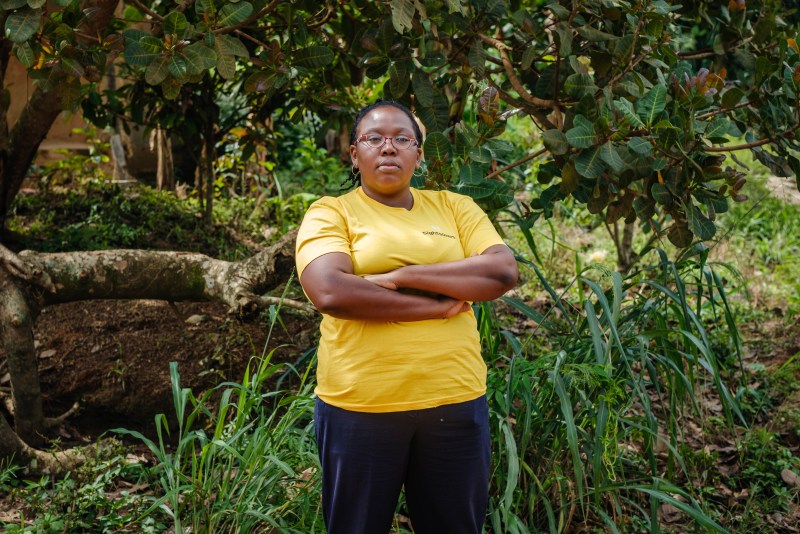
Omosefe says: “A lot of women have to silently suffer just because of the uncertainty of whether they can or cannot access health services. Empowering women with information also educates them on how to seek treatment, as well as knowing how to foster practices that are sustainable and helpful for them to prevent the transmission of FGS itself.”
“Investing in women’s health is not just a moral obligation or just a craze. It’s actually a strategic move towards society wellbeing.”
– Omosefe Osinoiki
When one woman is able to access essential health care, it can create a positive ripple effect that affects her life, her family and her community, both now and in the future.
To find out more about how Sightsavers is dismantling barriers to healthcare for women, click here.

